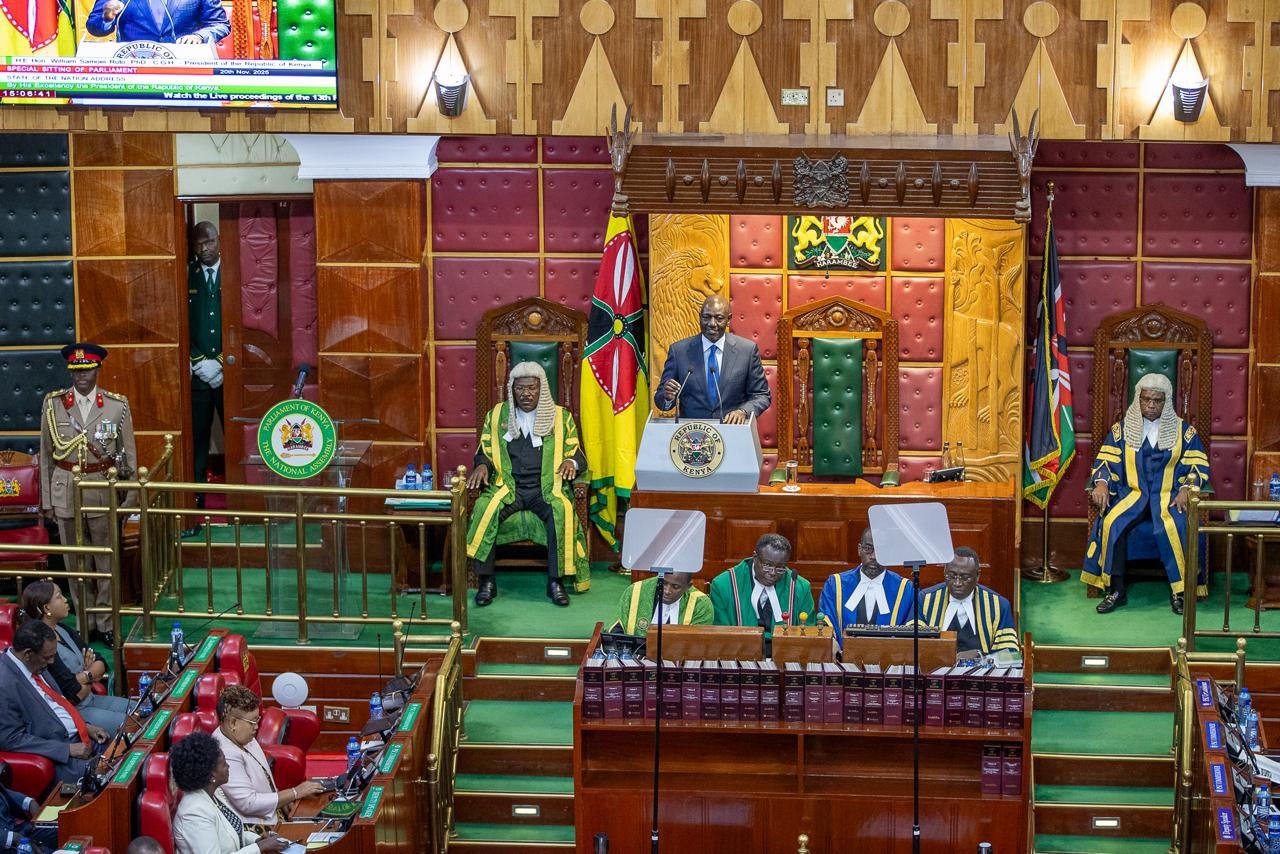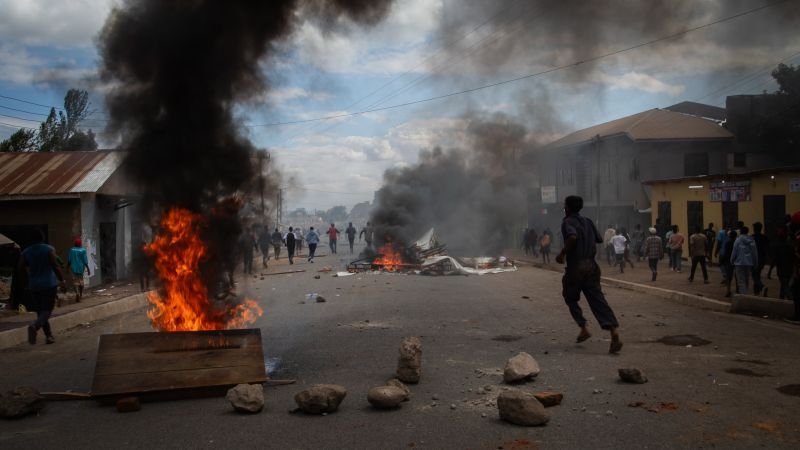A series of community-led peace initiatives in the Kerio Valley located along the borders of Elgeyo Marakwet, West Pokot, and Baringo counties are showing promising results.
This success comes after concerted efforts by Midrift Hurinet, a non-profit organisation, with support from the Embassy of Denmark in Kenya and Somalia through the Act Change Transform initiative.
The region is said to have faced challenges for years due to inter-communal tensions and banditry, but recent developments indicated a significant shift.
The Pokot and Marakwet communities, who have engaged in a long-standing conflict, are now preparing to hold a peace meeting next week.
The community-led inter-communal dialogue aims to build consensus on reopening vital transport routes, serving as a lifeline for local business activities and economic growth in the Kerio Valley.
Midrift Hurinet officials have praised the progress and said the talks were the culmination of several outreach programmes targeting local herders and community leaders.
"This collaboration between herders, local leaders, and peace actors is yielding significant milestones," Midrift Hurinet Programmes Coordinator Walter Mwania said.
"Our direct engagements are paving the way for peaceful coexistence and socio-economic development."
One of the key outcomes of the discussions was the call for the reintroduction of livestock branding, which was initially introduced in 1992 under the 31D livestock branding system.
The herders said the system had been successful in deterring thefts and facilitating easy identification of livestock.
"The branding of livestock was a crucial step in curbing theft in the region, we believe reintroducing it will help prevent future thefts and ease tensions between communities," Shadrack Cheboi a Marakwet herder said.
Another notable shift has been the changing mindset among herders regarding education. Traditionally, herders in these communities have reportedly been reluctant to prioritise formal education, but the recent peace efforts have sparked a change in attitudes.
Herders from Pokot and Marakwet communities have committed to sending their children to school, recognising the importance of education in securing a better future for the region.
"We have come to realise education is key to improving our lives and the future of our children, our communities will now support education for all, especially our girls," Longiroi Lokwang’ a Pokot elder said.
While peace talks have led to positive developments, herders are voicing concerns about security operations in the region.
Many have questioned the lack of full recovery of stolen livestock, despite the presence of multiple security agencies such as the Nyumba Kumi initiative, national police reservists, chiefs and the Anti-Stock Theft Unit.
"We find it puzzling that criminals who are few and well-known to the authorities have not been apprehended," a local herder said.
"We hope the security agencies will step up efforts to address this issue, as blanket condemnation of entire communities will only hinder the peace process."
As part of their long-term vision for the region, community leaders and professionals from the three counties are urging both national and county governments to invest in infrastructure and follow through with development projects.
They believed the efforts would open up the region and reduce incidents of banditry by creating alternative livelihoods.
Herders have also committed to forming groups to access government affirmative funds such as the National Government Affirmative Action Fund (NGAAF), Uwezo Fund, Women Enterprise Fund, and Youth Fund.
These funds will support livelihood diversification efforts, including farming, beekeeping, and livestock trade.
"Our communities are ready to take up these opportunities. By diversifying our livelihoods, we can reduce our dependence on livestock, which has been a source of conflict,” Micah Lorot from Pokot said.
Midrift Hurinet, a non-profit organisation founded in 2008, has played a pivotal role in facilitating these conversations. The organisation is committed to empowering citizens, the state, and non-state actors to promote a culture of human rights, peace, security, and good governance.
"Our collaborative approach is bearing fruit, and we are hopeful the upcoming peace meeting will lead to long-term stability in Kerio Valley," Mwania, a coordinator, said.












